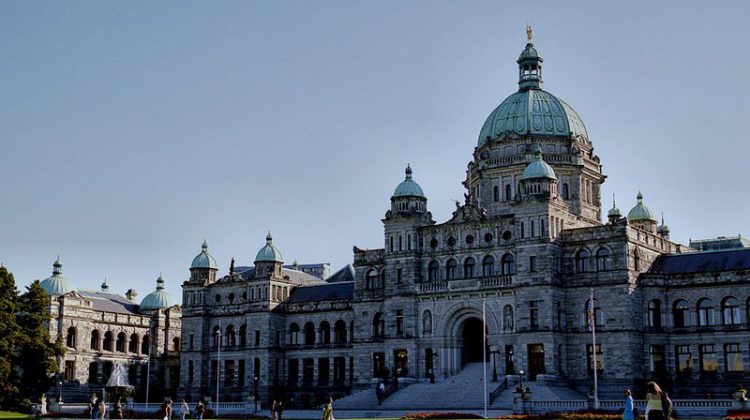For the third consecutive year, Finance Minister Carole James tabled a balanced budget.
Budget 2020 creates a new tax bracket for the top 1% of income earners in British Columbia.
According to the NDP, nearly half the revenue generated will come from individuals who make more than $1 million annually.
Today (Tuesday) in Victoria, the government announced the new BC Child Opportunity Benefit set to launch in October.
James told MyPGNow.com the new program will help over 290-thousand families.
“Families with one child will be able to receive up to $1,600 annually and for two children that goes up to $2,600 and it’s $3,400 for three kids.”
The province also introduced the BC Access Grant to help remove barriers to education for students.
James states this will take effect in the fall.
“Starting in September, the new BC Access Grant will provide upfront funding to more than 40-thousand students who may otherwise struggle to pay for post-secondary, students can receive up to $4,000 a year to help them with the cost of tuition.”
The province will also begin charging PST on sweetened carbonated beverages as youth between the ages of 14 to 18 years old are the top consumers of soft drinks.
Budget 2020 adds $13 million for new forestry revitalization efforts, including revving up B.C.’s bio-economy with innovations that convert wood into value-added products like biofuels, bioplastics, and textiles.
“A thriving forest sector has provided stable jobs for many families going back generations. The Mountain Pine Beetle infestation, wildfires and the softwood lumber dispute have reduced timber supply and triggered a wave of mills to close their doors or scale back shifts,” added James.
Budget 2020 projects surpluses of:
* $227 million in 2020-21
* $179 million in 2021-22
* $374 million in 2022-23
This year’s budget makes new capital commitments by bringing taxpayer-supported capital spending over three years to $22.9 billion – the highest level in B.C.’s history.
According to the province, more than 860,000 jobs will open up in the next decade throughout British Columbia.
More than 75% of all jobs will require some post-secondary education or training.


